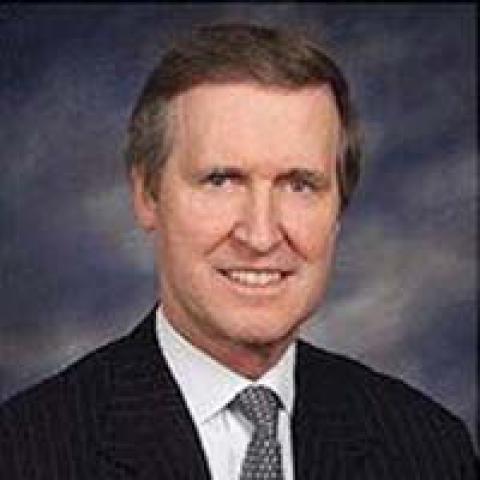The year ahead in the Middle East will continue to be one of transition. Newly empowered political actors will continue to jockey for position and power while coping with a myriad of challenging domestic and international issues. Three major trends will have a significant impact on the trajectory of the region over the next twelve months: Populist policies will continue to sway the work of new governments, Islamic parties are likely to grow in stature and importance within newly democratic states and the US will struggle to play a traditional leadership role in some countries in the region.
One of the most inspirational developments of the Arab Awakening was that for the first time in the modern Middle East, it was not a foreign power, military or charismatic strongman that changed the government, but students, teachers, lawyers and business owners. In Libya, Tunisia, Yemen and Egypt, thousands of citizens from across the strata of society fought against entrenched powers for basic human rights. Even where the leadership is widely respected, such as in Saudi Arabia and Jordan, there was an uptick in political activism.


